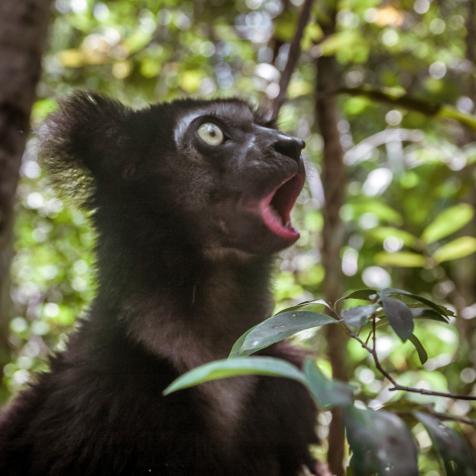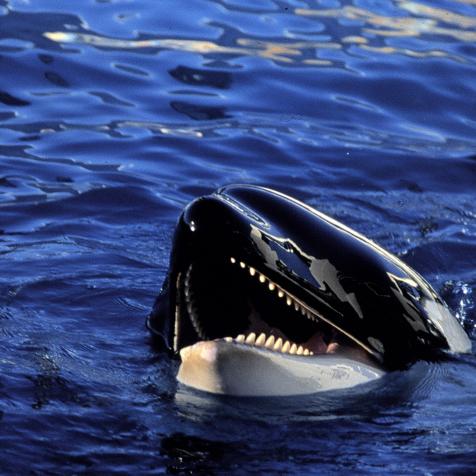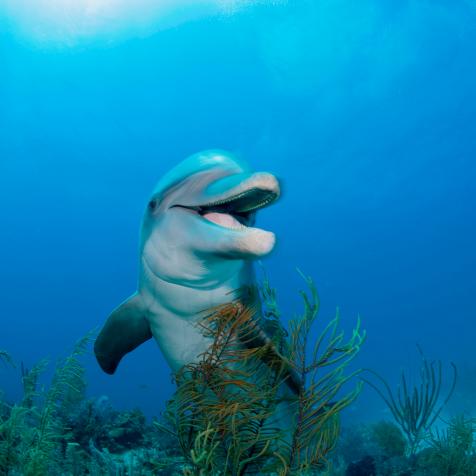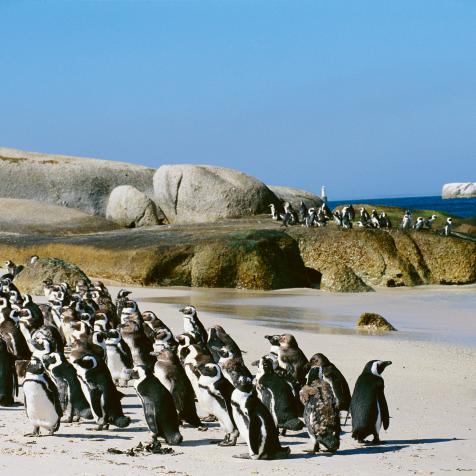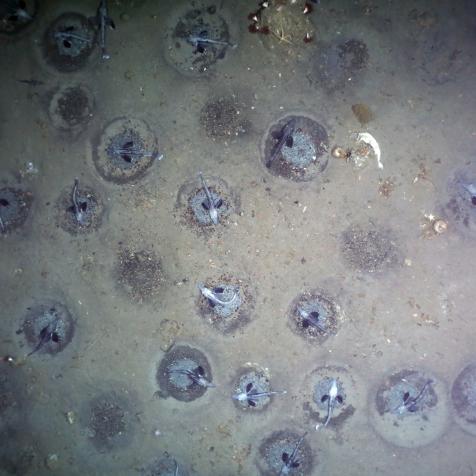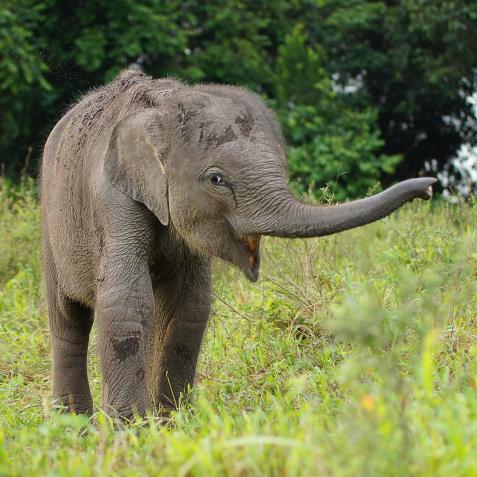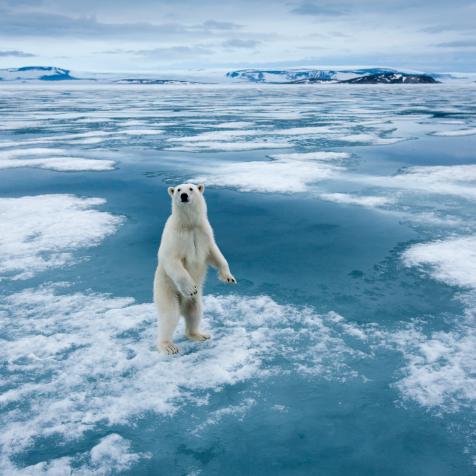
Pieter Ras
Is Climate Change Killing More Elephants than Poachers?
Kenya’s Wildlife and Tourism Board has announced that climate change is now a bigger threat to elephant populations than poaching. Kenya is currently facing an extreme drought that is threatening the livelihoods of people and wildlife within the area.
Kenya has recorded 179 elephant deaths this year due to the extreme drought affecting parts of Kenya, Somalia, and Ethiopia. Poaching has been a longtime threat to elephant populations and it’s become alarming how large climate change’s effect is on these elephants. Najib Balala, Kenya’s cabinet secretary for wildlife and tourism, spoke with the BBC saying that climate change is killing 20 times as many elephants as poaching.
The drought conditions have been devasting for wildlife around Africa, affecting elephants, warthogs, and giraffes. Studies have found that elephants go through dozens of gallons of water per day, estimating that elephants need to drink every two or three days to survive. Kenya’s drought has been ravaging wildlife populations since about last year when many dead cattle, giraffes, and warthogs were found dead around dried-up watering holes.
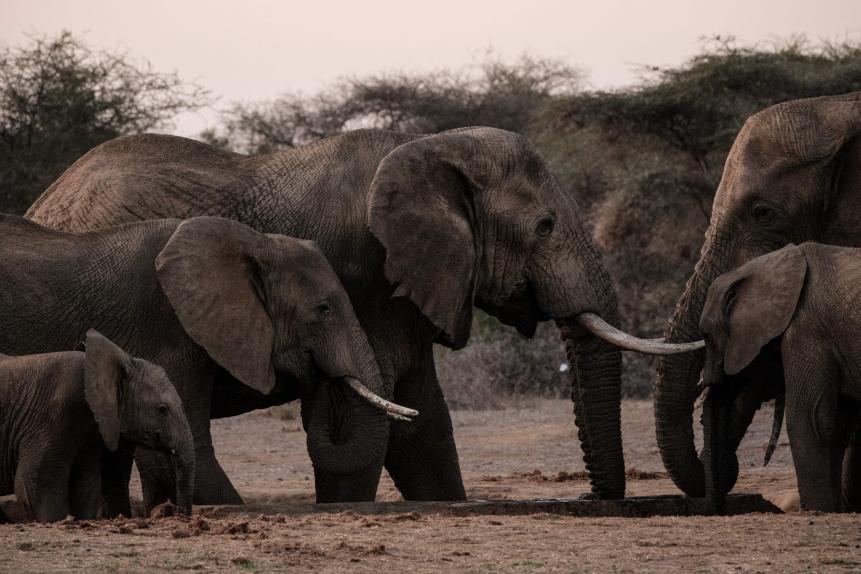
YASUYOSHI CHIBA
The African savanna elephant has long since been listed as an “endangered species” and is threatened by poaching, habitat loss, and weather extremes brought on by climate change. This profound change occurring in Kenya highlights an ever-growing climate change risk to wildlife populations around the world. The warming planet threatens wildlife from the Artic polar bears to the Kenyan elephants who rely on our earth to grow and thrive.










